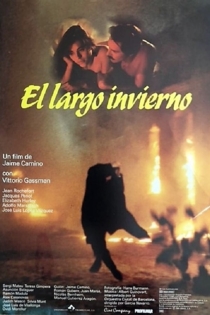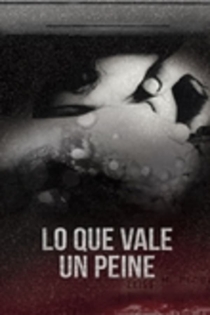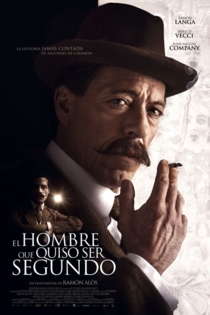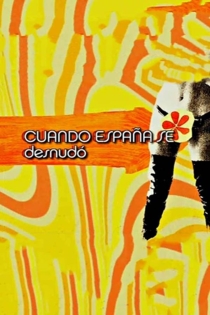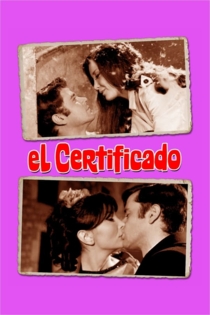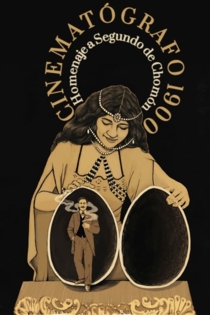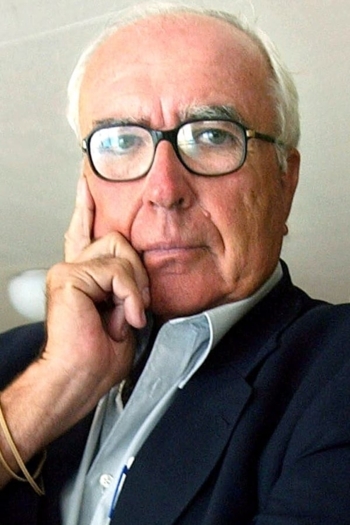
Román Gubern
1934 (92 года)Navajeros, censores y nuevos realizadores
Rafael R. Rafatal
Román Gubern, Alaska
Spain. 1978. Year of the first democratic elections following the dictatorship, and of the birth cine quinqui (delinquent movies): films that rapidly became a big commercial success, showing things that were banned by the censorship not too long before.
Navajeros, censores y nuevos realizadores
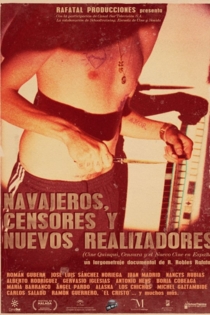
Hollywood contra Franco
Oriol Porta
Lluís Soler, Moe Fishman
The Spanish Civil War (1936-1939) caused a great impression on the lives of most of the American artists of that era, so many movies were made in Hollywood about it. The final defeat of the Spanish Republic left an open wound in the hearts of those who sympathized with its cause. The eventful life of screenwriter Alvah Bessie (1904-1985), one of the Hollywood Ten, serves to analyze this sadness, the tragedy of Spain and its consequences.
A War in Hollywood
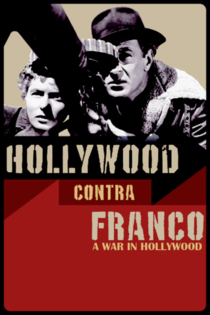
El cine libertario: cuando las películas hacen historia
José María Almela, Verónica Vigil
José Padilla, Alfonso del Amo
Upon the outbreak of the Spanish Civil War in July 1936, the anarchist union CNT socialized the film industry in Spain, so in Madrid and Barcelona film workers took over the production assets and, between 1936 and 1938, numerous films on a wide variety of topics were released, composing a varied mosaic that gives rise to one of the most unusual and original moments of Spanish cinematography.
El cine libertario: cuando las películas hacen historia
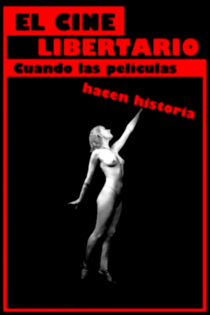
Bibici Story
Carlos Durán
Emma Cohen, Ricardo Bofill
While waiting to get started on the production of his feature Liberxina 90 (1970), Carlos Duran shot this short (with very expressive support by several Escuela de Barcelona professors): a grimly colourful satire on modern society as such, and on its fascist Spanish variety in particular. "The intrusion into the private life of a human being, of the distinct tendencies that exist in the society we live in, until they fall into chaos." Carlos Durán
BiBici Story
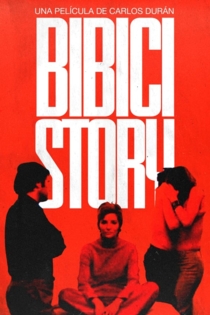
Fragmentos para una historia del otro cine español
Andrés Hispano
Frederic Amat, Adolfo Arrieta
Documentary about the history of experimental cinema in Spain. FRAGMENTS is a historical survey of “the other” Spanish Cinema — films that brazenly explored their artistic, poetic and conceptual potential. Spanish experimental cinema can be glimpsed in a series of important yet isolated events that FRAGMENTS compiles through various firsthand accounts, film excerpts and documents. For the first time in Spain, a documentary brings together the most relevant of a cinema that is slowly losing its invisibility.
Fragmentos para una historia del otro cine español
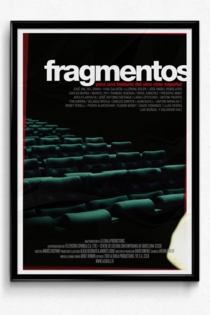
Spanish Western
Alberto Esteban
Ricardo Palacios, Francisco Arias
A vindication of the role of the technicians and artists who made spaghetti western genre possible, and a walk through the landscapes that made it possible to recreate in Spain, mainly in the desert of Almería, hundreds of adventures set in the remote American Far West.
Spanish Western
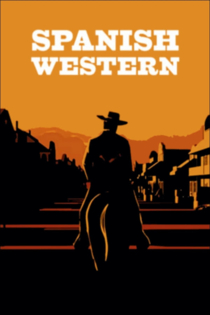
Celuloide colectivo: el cine en guerra
Oscar Martín
Albert Girona, Alejandro Montiel
July, 1936. The terrible Spanish Civil War begins. When the streets are taken by the working class, the social revolution begins as well. The public shows are socialized, a model of production and exhibition of films, never seen before in the history of cinema, is created, where the workers are the owners and managers of the industry, through the unions.
Celuloide colectivo: el cine en guerra
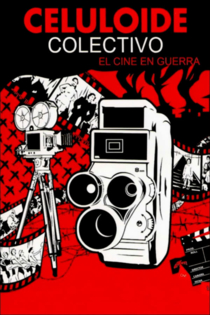
Sexo, maracas y chihuahuas
Diego Mas Trelles
Chucho Valdés, Isabel Coixet
A joyful tale filled with music. The rise of radio. The jazz big bands. The legendary clubs and ballrooms. The soundtracks of the great musical films and TV shows. Sex and romance, gangsters, luxury cars and palm trees. From Barcelona to New York, with a stop in Cuba. The birth of Las Vegas. The sound of the maracas. Chihuahuas everywhere. The incredible life story of Xavier Cugat (1900-90).
Sex, Maracas & Chihuahuas
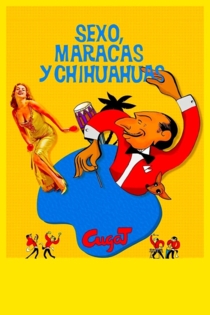
El precio de la risa
Gabriel Lechón
Jorge Asín, Enrique Cerezo
The life of Paco Martínez Soria (1902-1982), one of the most famous and beloved Spanish actors, both on stage and screen; a comedian, a theatrical producer, an idol for the masses. A celebration of the uncommon gift of making people laugh.
El precio de la risa
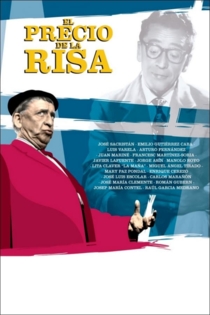
Umbracle
Pere Portabella
Christopher Lee, Jeannine Mestre
This film turns on two basic axes: the inquiry into ways of cinematographic representation and a critical image of official Spain at the time of the Franco dictatorship. “Montage of attractions” and Brechtianism in strong doses. Umbracle is made up of fragments (some are archive footage) that resound rather than progress by unusual links, with dejá vu scenes that promise us more but remain tensely unfinished. Jonathan Rosembaun said: “few directors since Resnais have played so ruthlessly with the unconscious narrative expectations to bug us”. Learning from the feeling of strangeness caused by Rossellini as he threw well known actors into savage scenery in southern Europe. Portabella makes Christopher Lee wander around a dream-like Barcelona. Without a doubt Portabella’s most structurally complex and most profoundly political film, that is ferociously poetic.
Umbracle
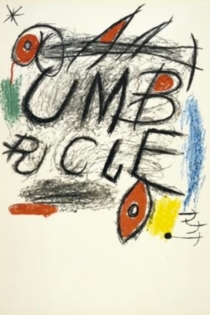
El largo invierno
Jaime Camino
Vittorio Gassman, Jacques Penot
In 1939, Ramón was a young man, caught up in his Barcelona family's involvement on the Republic side in the brutal Spanish Civil War. He and his family fled into exile ahead of Franco's troops. Now it is many years later, and he has come back to see how his old homestead fared in the intervening years. The only person he can find who is able to remember those years clearly is his family's old butler Claudio.
The Long Winter
